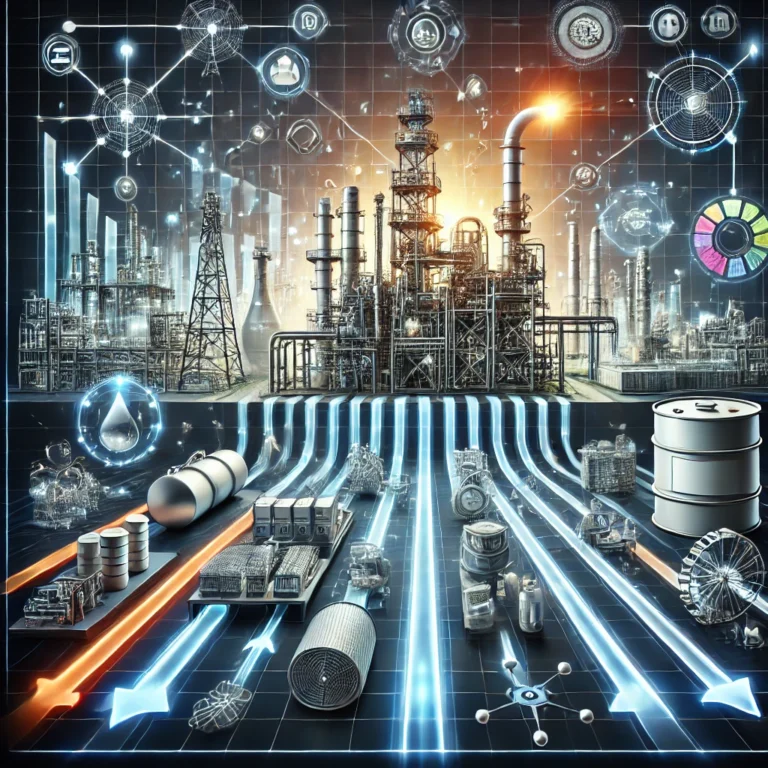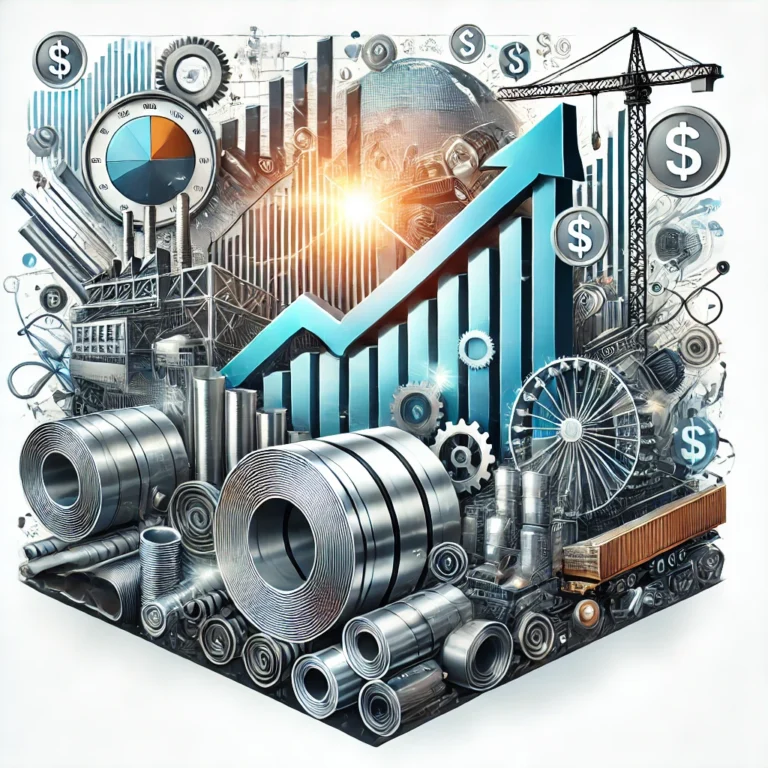Introduction:
The petrochemical industry, due to its use of chemicals and complex production processes, is one of the largest producers of industrial waste. This waste includes toxic materials, hazardous substances, and environmental pollutants that can have irreversible effects on the environment and human health if not managed properly. Effective and efficient management of industrial waste in petrochemicals not only reduces environmental impacts but also serves as a resource for recycling and the production of new products.
1. Types of Industrial Waste in the Petrochemical Industry
1.1 Solid Waste:
This includes polymer residues, spent catalysts, contaminated filters, and leftover raw materials.
1.2 Liquid Waste:
Liquid waste includes chemical wastewater, used oils, and dissolved chemicals, which require precise treatment.
1.3 Gaseous Waste:
Gaseous waste such as carbon dioxide, methane, and other greenhouse gases produced in petrochemical processes contribute significantly to climate change.
2. Importance of Industrial Waste Management
2.1 Reducing Environmental Impact:
Proper waste management can prevent soil, water, and air pollution, mitigating negative impacts on ecosystems.
2.2 Recycling and Reuse:
Many petrochemical wastes can be recycled and reused, reducing production costs and conserving natural resources.
2.3 Compliance with Environmental Regulations:
Effective waste management helps companies comply with national and international regulations, avoiding environmental fines.
3. Methods of Industrial Waste Management
3.1 Waste Reduction at Source:
Optimizing production processes to minimize waste generation is a primary strategy. This involves using new technologies and reducing raw material consumption.
3.2 Treatment and Recycling:
- Wastewater: Treating chemical wastewater with advanced technologies like reverse osmosis and biological filters.
- Solid Waste: Recycling polymers and reusing spent catalysts.
- Gases: Capturing and utilizing waste gases to produce energy or other chemicals.
3.3 Safe Disposal:
For non-recyclable waste, safe disposal methods like landfilling in designated sites or incineration in industrial kilns, adhering to environmental standards, are necessary.
4. Innovative Technologies in Waste Management
4.1 Artificial Intelligence:
AI-based systems can identify and predict waste generation points and optimize management processes.
4.2 Waste-to-Energy (WTE) Technologies:
Converting solid and liquid waste into electrical and thermal energy is an advanced method in petrochemical waste management.
4.3 Biological Technologies:
Using microorganisms to break down organic waste into less harmful or even usable materials.
5. Challenges and Opportunities in Petrochemical Waste Management
5.1 Challenges:
- High Costs: Managing petrochemical waste, especially with advanced technologies, can be expensive.
- Infrastructure Shortages: In some regions, a lack of infrastructure for waste collection and treatment is a significant challenge.
- Organizational Resistance: Some companies may be reluctant to change processes and invest in new technologies.
5.2 Opportunities:
- Innovation and Sustainability: Industrial waste management can lead to the development of innovative and sustainable technologies.
- Value Creation: Recycling and reusing waste can lead to the production of new products and cost reductions.
- Enhanced Corporate Reputation: Companies committed to sustainable waste management can build a positive image among communities and customers.
Conclusion :
Industrial waste management in the petrochemical industry is not only an environmental necessity but also an opportunity to improve efficiency and reduce costs. By leveraging advanced technologies, optimizing processes, and collaborating with environmental agencies, petrochemical companies can play a crucial role in protecting the environment and promoting sustainable development.




